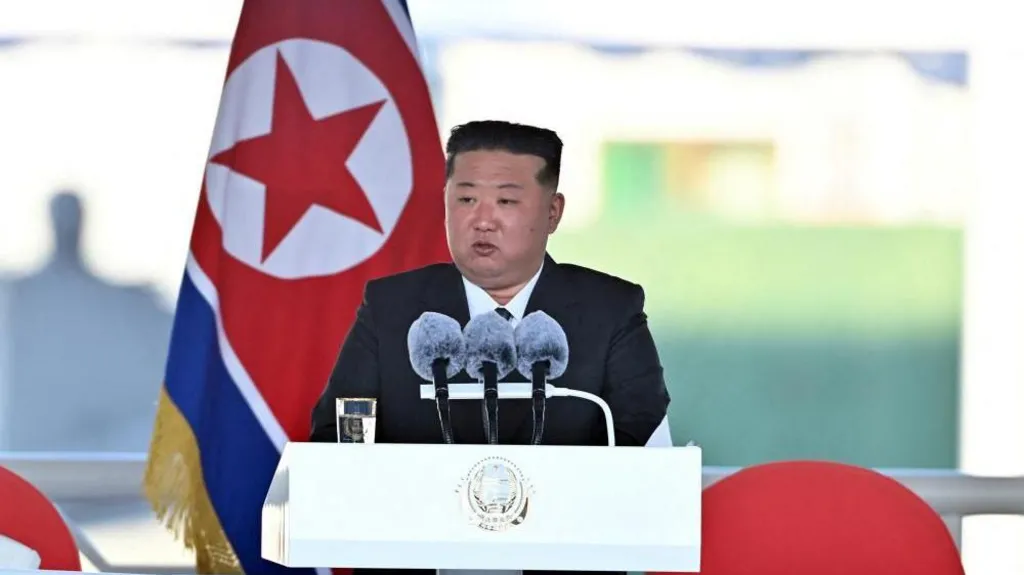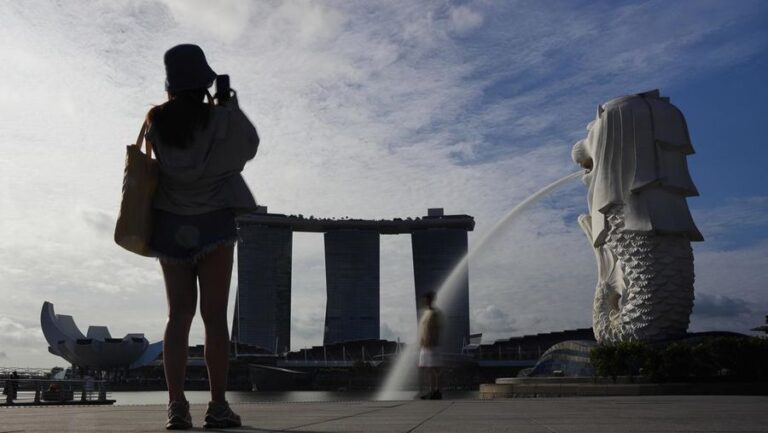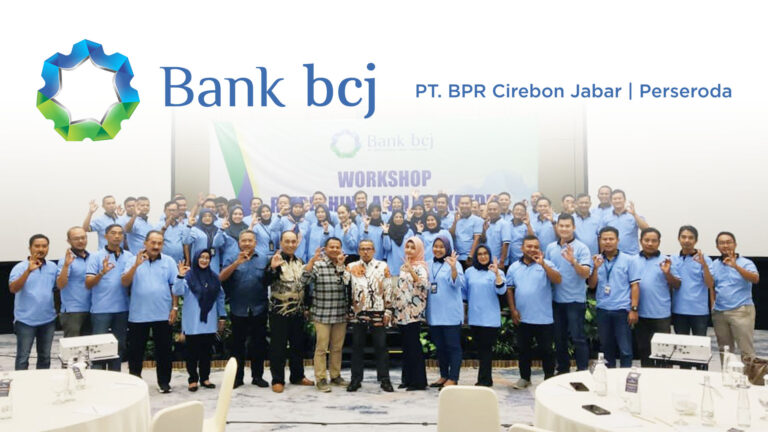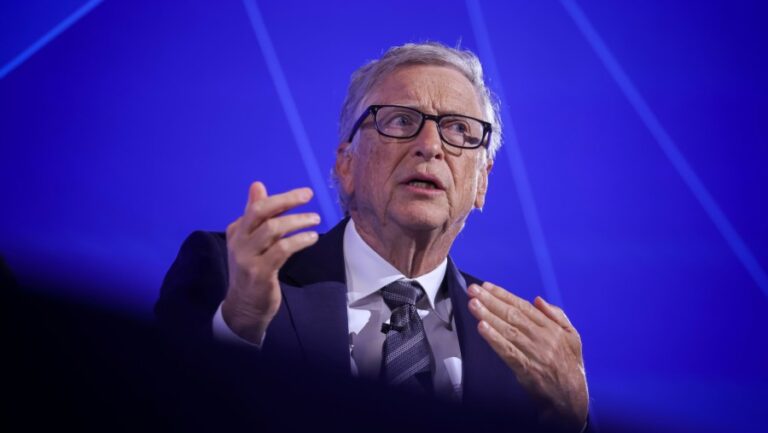Chongjin, North Korea — In a rare public admission of failure, North Korean leader Kim Jong Un has castigated what he called a “serious accident” during the launch of a newly unveiled 5,000-ton warship, condemning it as a “criminal act” that has severely tarnished the nation’s image.
The incident, which occurred at a shipyard in the eastern port city of Chongjin, involved structural damage to the vessel’s lower hull, causing it to tilt off balance during its launch. Though no casualties were reported, the symbolic damage appears significant.
Kim, who personally attended the launch, called the event a “disgrace” and ordered the ship be restored ahead of a critical party plenary meeting scheduled for June. He placed direct blame on the designers and project leadership, accusing them of “absolute carelessness, irresponsibility, and unscientific empiricism.”
“The dignity and pride of our nation was severely damaged in an instant,” Kim said, according to state media, warning that those responsible would be held accountable at the upcoming meeting. The nature of the punishment remains unspecified, though North Korea is known for its harsh disciplinary methods, even for technical or procedural failures.
Public disclosure of such mishaps is unusual for the isolated state, where secrecy and tightly controlled narratives dominate official communication. However, this is not the first time North Korea has admitted to major technical errors. In November 2024, Kim denounced a failed military satellite launch as the “gravest failure,” echoing similar frustrations about internal accountability.
Just weeks prior to this incident, North Korea had showcased the destroyer — reportedly capable of carrying more than 70 missiles — as a cornerstone of its naval modernization strategy. Kim had lauded the vessel as a “breakthrough,” positioning it as a key asset in asserting maritime strength.
The failed launch, however, threatens to derail that narrative, raising questions about North Korea’s defense readiness and the structural integrity of its military innovations.
With pressure mounting ahead of June’s party summit, the restoration of both the vessel and national pride appears to be a top political priority for the regime.









